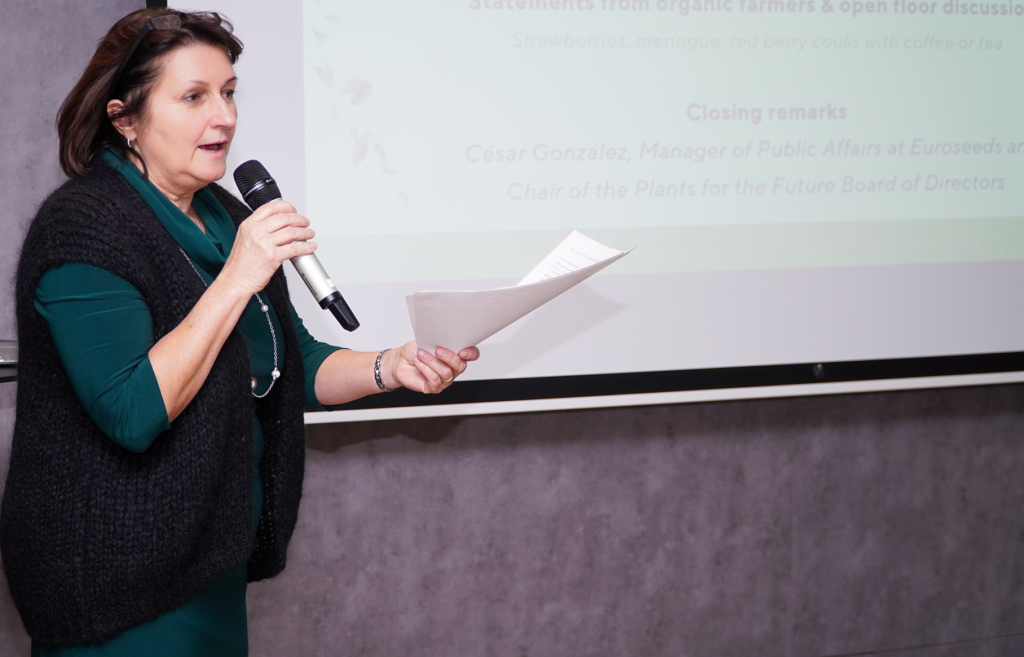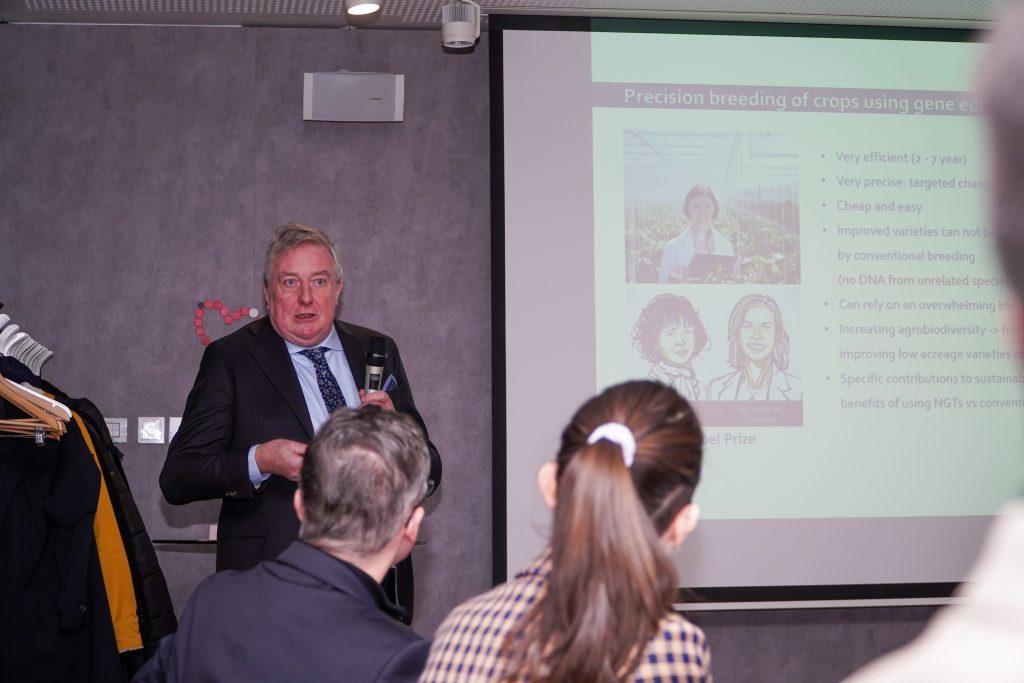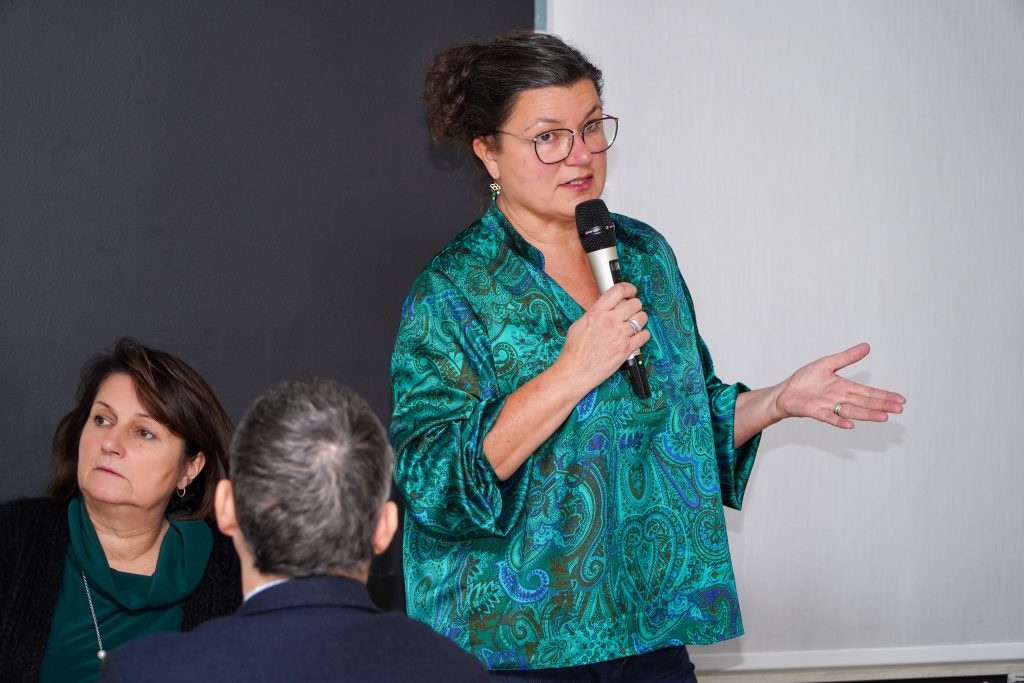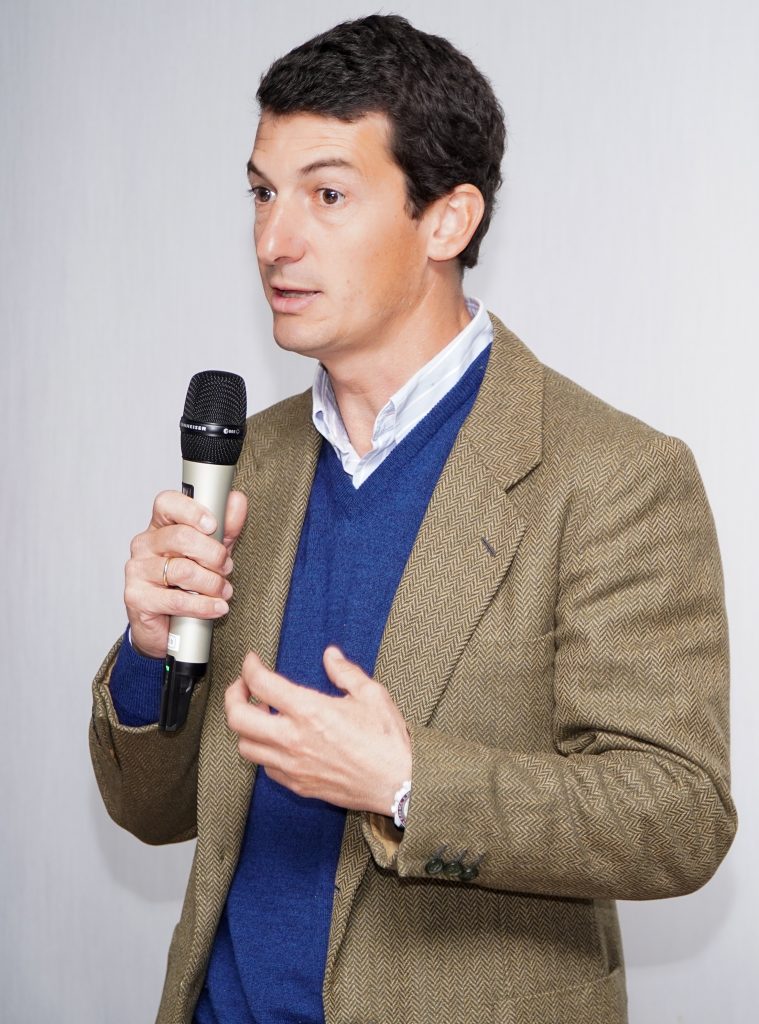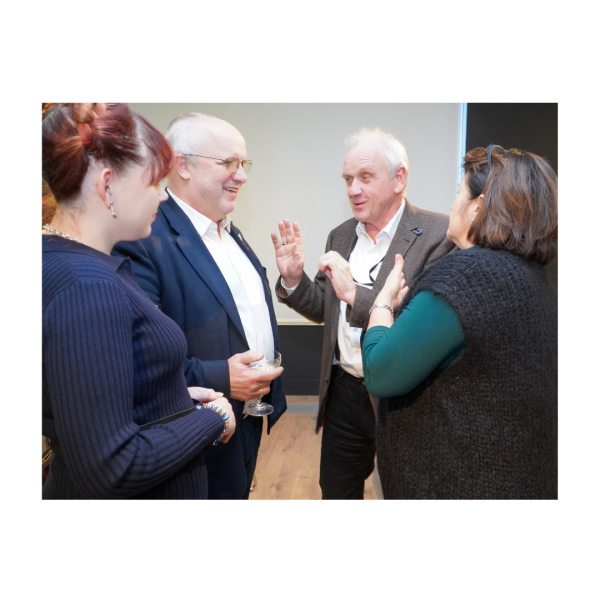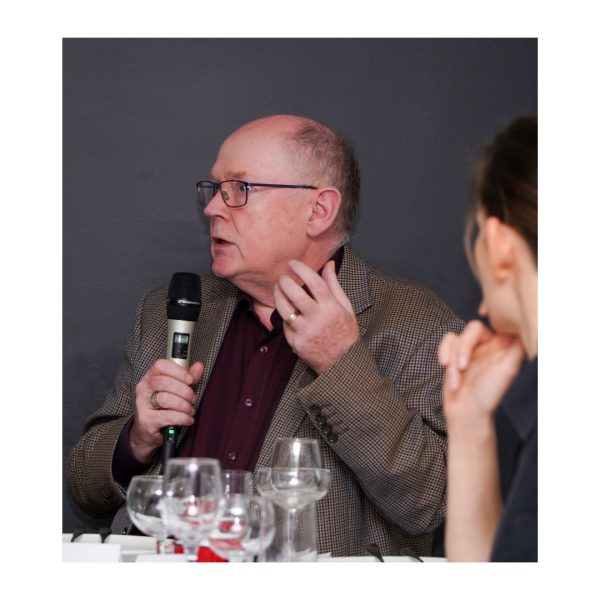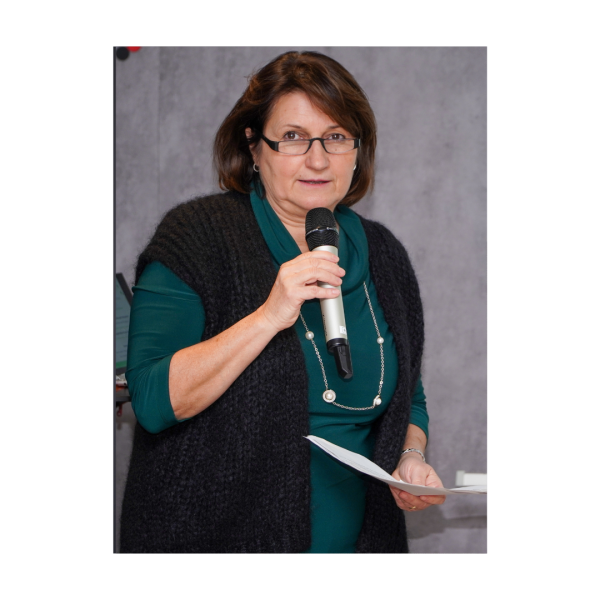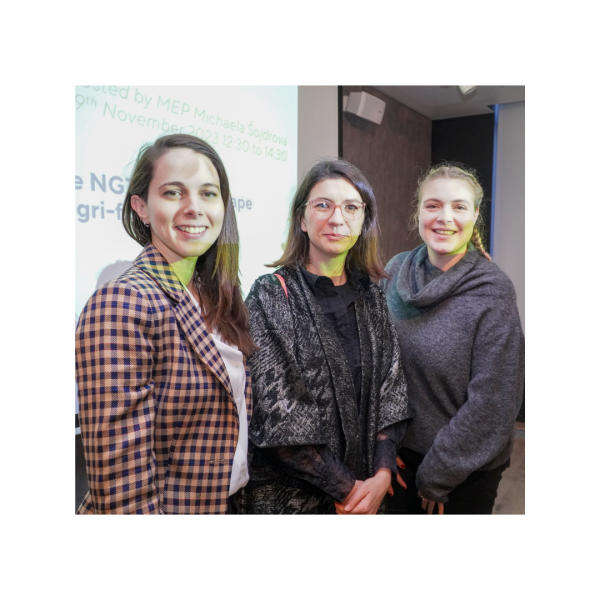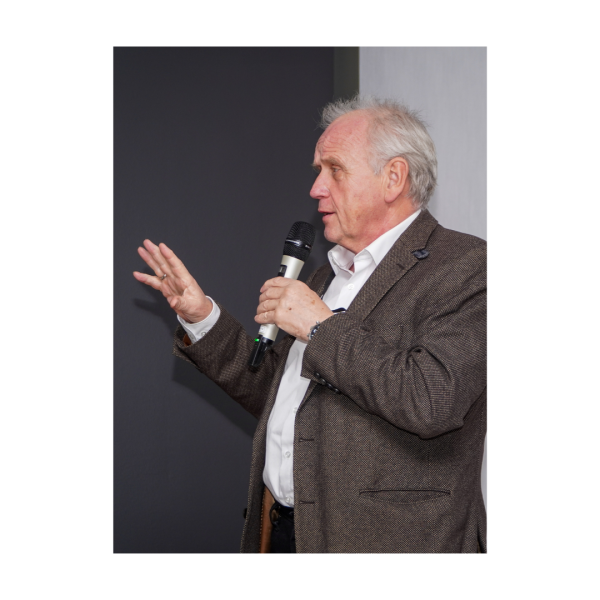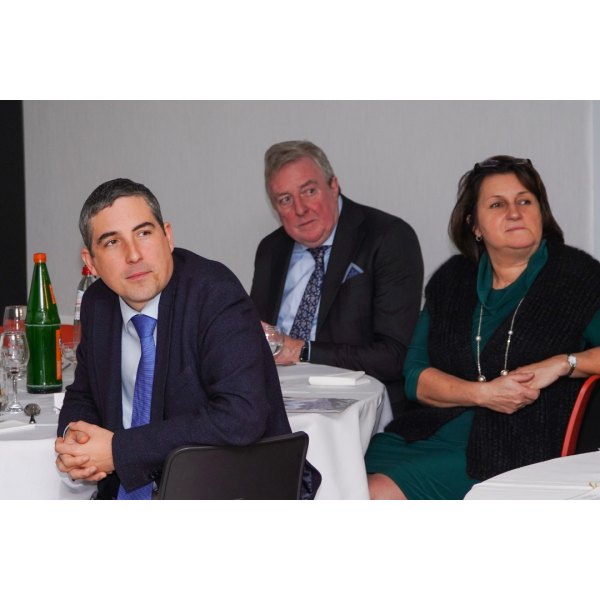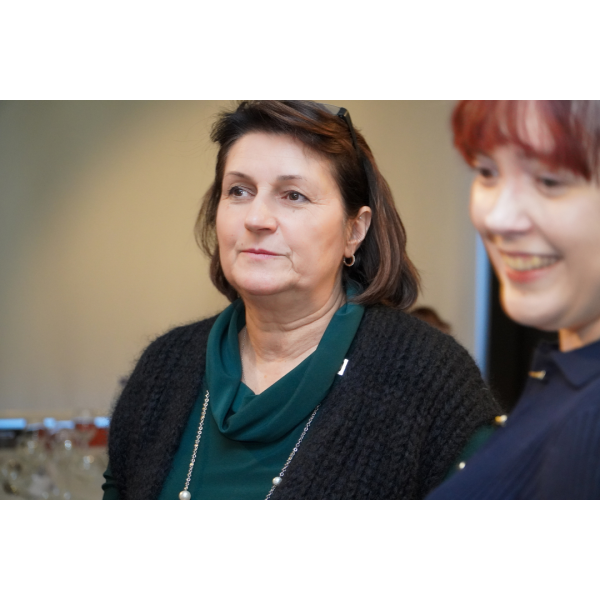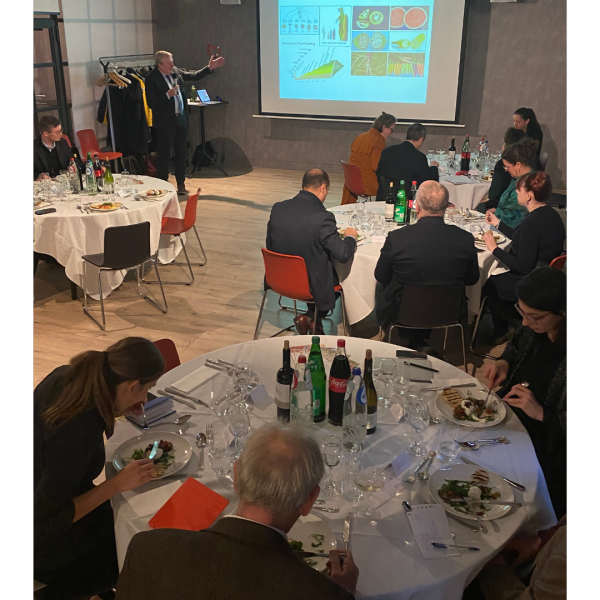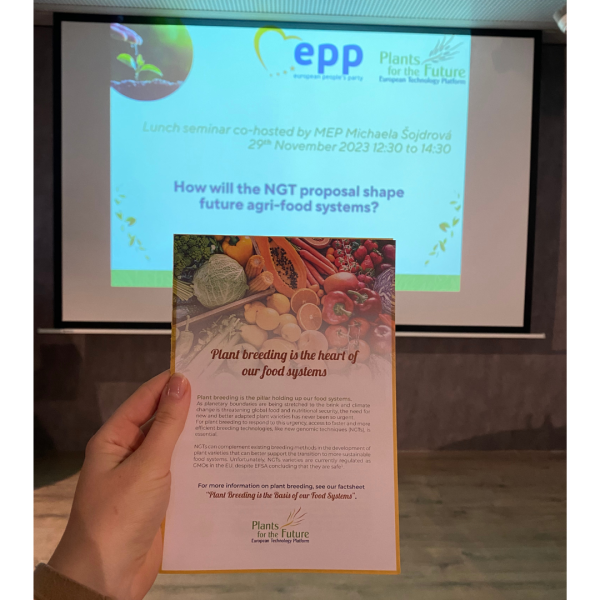Lunch Seminar – How will the NGT proposal shape future agri-food system?
30th of November 2023, Brussels – During a Lunch Seminar on 29th November, co-hosted by European Parliament member Michaela Šojdrová, from the European People’s Party, and Plants for the Future ETP, farmers, policymakers, breeders and researchers came together to discuss the NGT legislative proposal and how it will shape what our future agri-food systems will look like. The legislative process is advancing with extraordinary speed and to facilitate the conversation, Plants For the Future provided an opportunity to delve into the details of what the proposal will mean for the actors on the ground.
